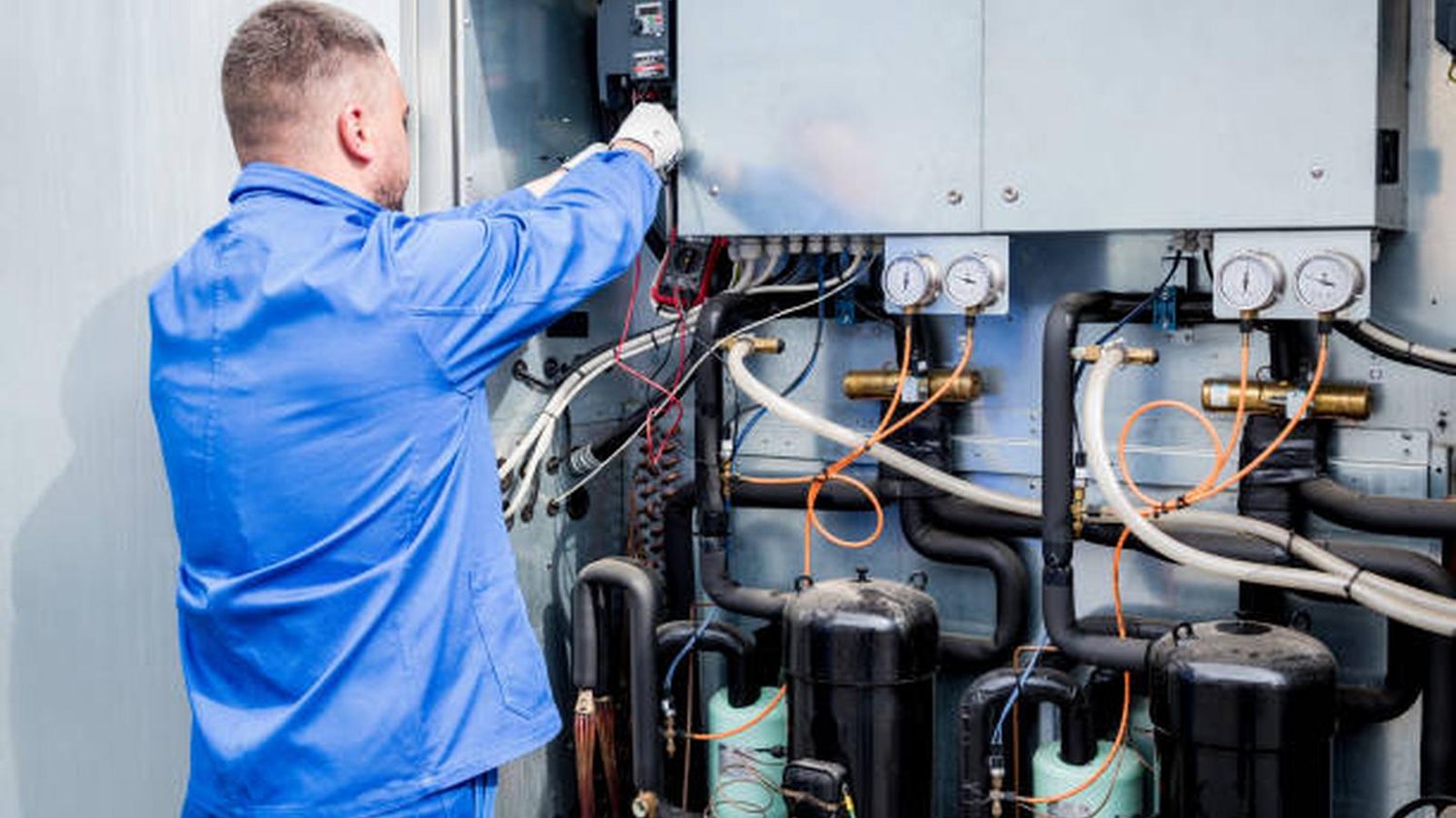The Ultimate Guide to Industrial Coolers: Stay Cool and Efficient
Introduction
When it comes to keeping your industrial space cool, it's important to have the right equipment in place. Industrial coolers are specifically designed to handle the cooling needs of large commercial and industrial spaces. In this guide, we will explore everything you need to know about industrial coolers and how they can help you stay cool and efficient.
Section 1: The Importance of Industrial Coolers
Industrial coolers are essential for a variety of industries, including manufacturing plants, warehouses, data centers, and more. They play a crucial role in maintaining a comfortable working environment for employees and ensuring the proper functioning of machinery and equipment.
Section 2: How Industrial Coolers Work
Industrial coolers work by utilizing a combination of air circulation, evaporation, and water cooling to lower the temperature in a space. They typically consist of a large fan, a water pump, and a cooling pad that is saturated with water. As the hot air passes through the cooling pad, the water evaporates, causing the air temperature to drop.
Section 3: Benefits of Industrial Coolers
There are several benefits to using industrial coolers over traditional air conditioning systems. Firstly, industrial coolers are more energy-efficient, consuming significantly less electricity compared to air conditioners. This not only helps reduce energy costs but also contributes to a greener and more sustainable environment.
Secondly, industrial coolers are highly effective in large open spaces. Unlike air conditioners, which are designed for individual rooms, industrial coolers are capable of cooling a much larger area, making them ideal for warehouses, factories, and other industrial settings.
Lastly, industrial coolers provide better ventilation and air quality. The continuous circulation of fresh air helps remove pollutants, odors, and humidity from the space, creating a healthier and more comfortable working environment.
Section 4: Choosing the Right Industrial Cooler
When selecting an industrial cooler, there are several factors to consider. Firstly, you need to determine the cooling capacity required for your space. This is typically measured in CFM (Cubic Feet per Minute) and depends on the size and usage of the area.
Secondly, consider the type of cooling pad used in the cooler. Aspen pads are the most commonly used and are suitable for dry climates, while cellulose pads are more effective in humid environments.
Other factors to consider include the noise level of the cooler, the maintenance requirements, and any additional features such as adjustable louvers or remote control operation.
Conclusion
Industrial coolers are a cost-effective and efficient solution for cooling large commercial and industrial spaces. They provide numerous benefits such as energy efficiency, improved air quality, and better ventilation. By choosing the right industrial cooler for your needs, you can ensure a comfortable and productive working environment while keeping energy costs in check.
We welcome any questions or feedback you may have, so don't hesitate to get in touch with our knowledgeable team
